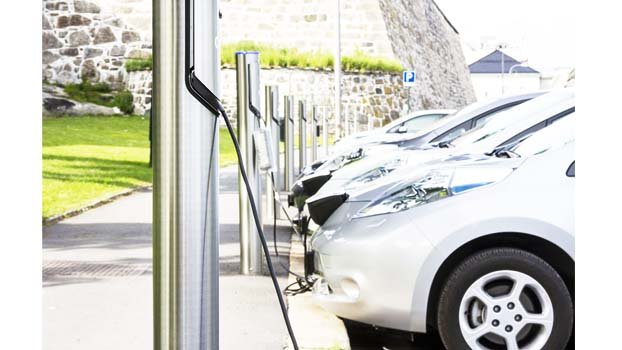Electric vehicles to offer more jobs to electrical engineers

The future of electric vehicles (EVs) in the world is bright with clear pathways from both government and industry, says Ramesh Rayudu, senior lecturer, School of Engineering and Computer Science, Victoria University of Wellington. He adds, "Our work has predicted that around 25% of transportation (involving cars, motor bikes, scooters, cars, trucks and autos) in India will be electric by 2030. The intake is less now (about 2000 vehicles) but a lot is being done in two and three-wheeler technologies that would increase the uptake", report agencies.
The nascent EV industry will shift most of the automotive engineer jobs to electrical engineers, says Rayudu. "What is required are new policies and pricing. Possibly, there could be new EV companies such as Tesla, challenging the traditional car companies. Going by the need for sustainable development, the employability prospects for future graduates in this field are limitless- from EV engineers to policy makers and EV technicians," he says.
Courses in Electrical Machines, Power Electronics and Control Systems can be derived from the traditional EEE curriculum but need to be upgraded to incorporate elements relevant to EVs, says Rayudu. That besides, students in this field need to specialise in drivetrains, battery technologies and management along with renewable energy options. Master's and PhD students should focus on renewable energy (RE) solutions. "The RE domain, which is ever-evolving and increasingly multi-disciplinary, offers ample intellectual stimulation since students can blend traditional Electrical Engineering skills with Data Mining and Analysis, Computer Science, Artificial Intelligence, Physics, Mathematics and Design."
From electric vehicles to solar and wind power and micro-grids, the future of energy is renewable and it is hard to think of a more rewarding field for a student to enter, says Rayudu. Ever-evolving and increasingly multi-disciplinary, the field provides endless intellectual stimulation. "Their research and the cutting-edge skills and knowledge acquired will be in demand around the world, not only in the energy generation, transmission and distribution industries, but also in government bodies, not-for-profit organisations and energy retailers," Rayudu adds.
He informs further, "The students I teach at Victoria University of Wellington often struggle to choose between job offers when they graduate. Apart from being recruited as regular design engineers, their career prospects are in the field of data and embedded systems, and in control, protection, policy and engineering management. In their studies and subsequent jobs, they have the opportunity to make a real difference to the social and environmental wellbeing of the world, with an ultimate goal of carbon-free and sustainable living."
This would depend on where the electricity is coming from, says Rayudu. "In a recent life cycle analysis study conducted by a major coal-based electricity producing country, on average EVs emit half the CO2 emissions of diesel cars over their life time. In a country like New Zealand, EVs far out-weigh fossil based cars as around 82% electricity is from renewables. Hence, for countries like India, the target would be to hasten its solar and wind electricity production since electricity from solar and wind can be sourced to drive EVs. In fact, a course I teach at my university has a project on developing an EV whose electricity is harnessed from renewables," Rayudu says.



